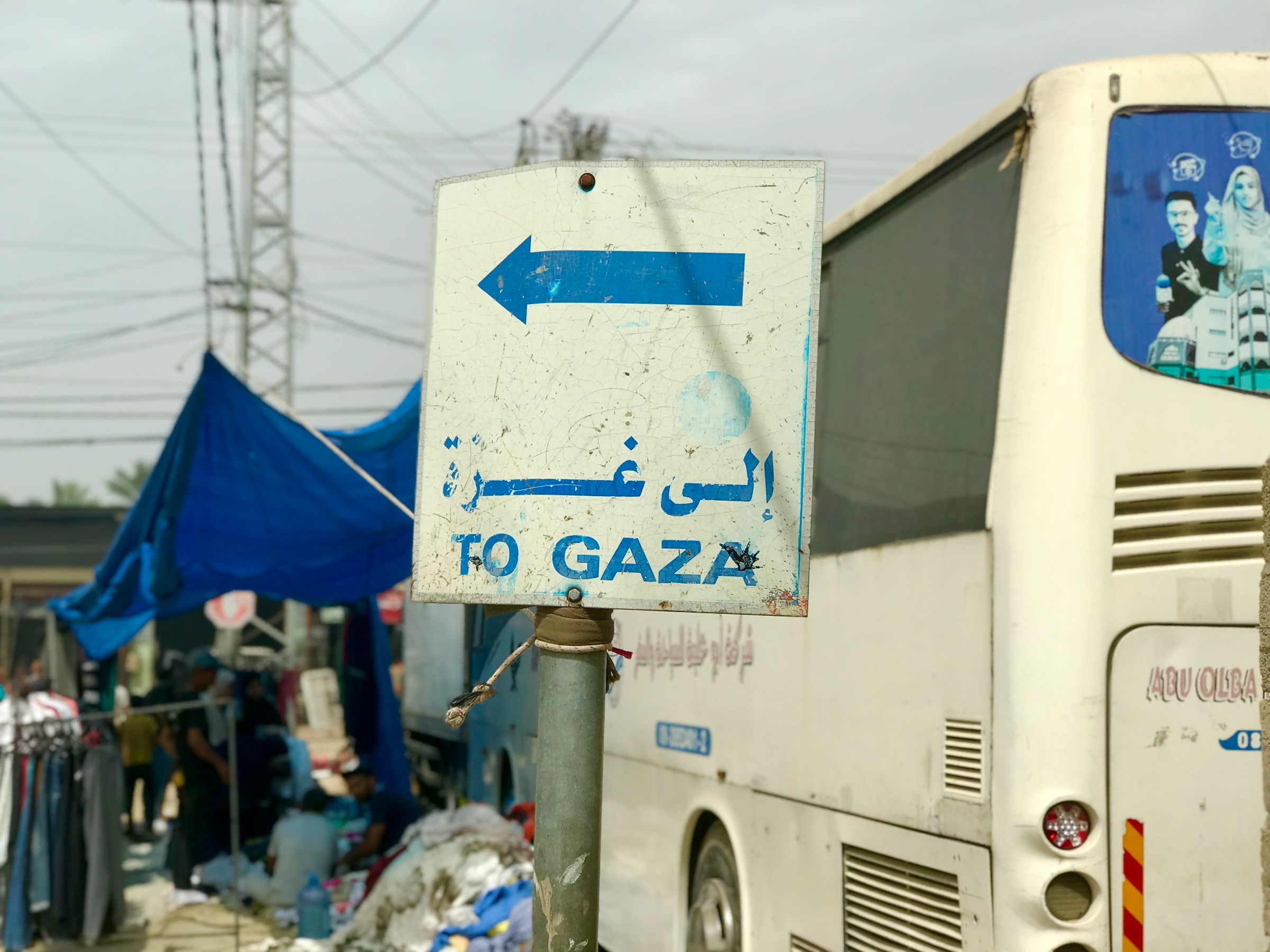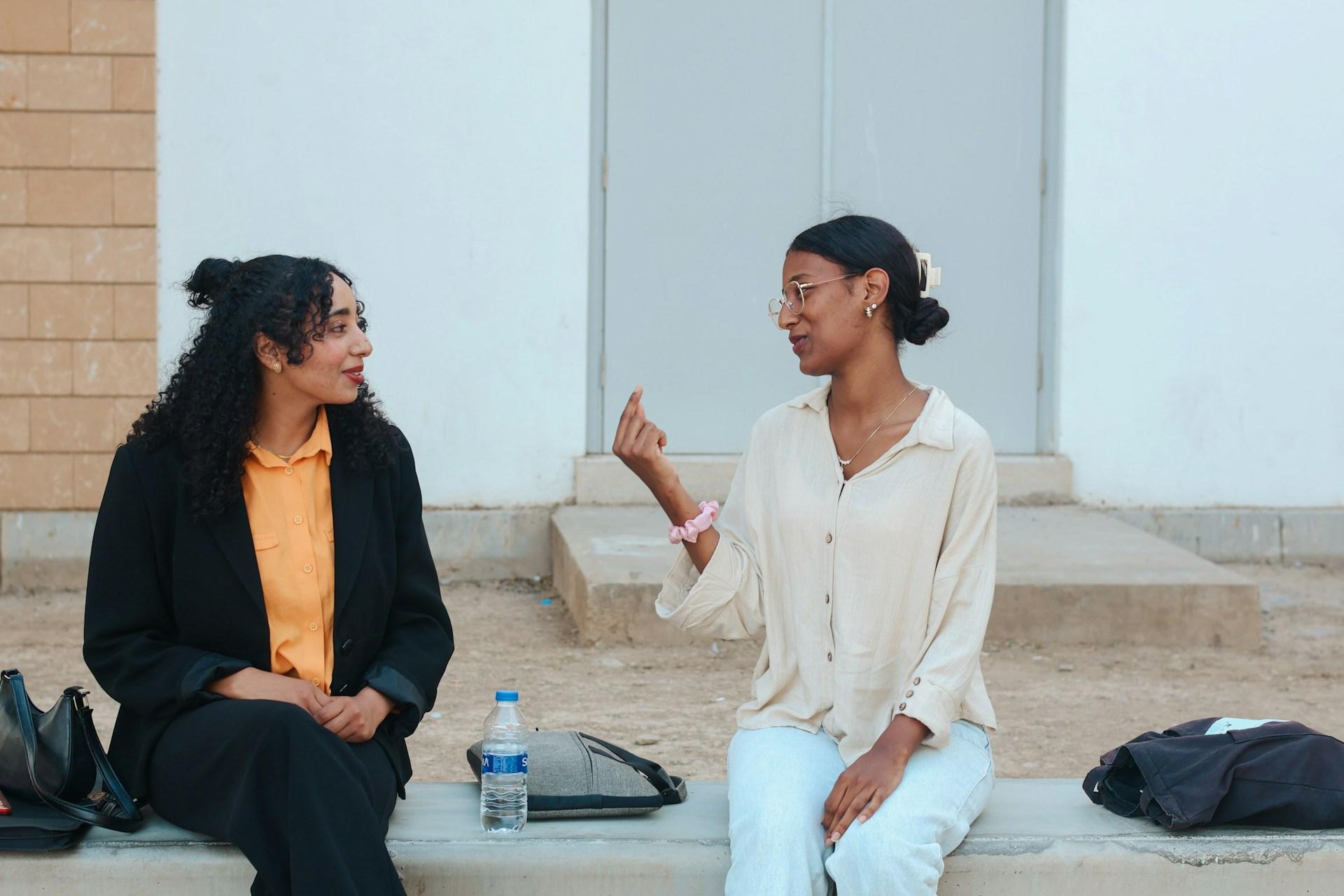Israel has launched the preliminary phase of its plan to take Gaza City, with the military saying troops now hold the city’s outskirts and are moving to intensify attacks on remaining Hamas positions. The operation proceeds alongside a new call-up of tens of thousands of reservists, signaling that Israel is preparing for a sustained campaign even as it examines a ceasefire proposal negotiated by Arab mediators after nearly two years of war.
The army’s staging posture matters for both battlefield timing and diplomacy. A senior officer told reporters that the new reserve units will not report until September, giving mediators time to narrow gaps on truce terms. The calculus is clear: maintain pressure on Hamas while leaving room for a negotiated pause that could include the staged release of hostages and Palestinian prisoners.
Prime Minister Benjamin Netanyahu has instructed the military to accelerate the timeline to capture remaining Hamas strongholds, underscoring the political imperative to show momentum amid domestic pressure over hostages and international unease about urban combat in one of the most densely populated areas on earth. The latest clashes near Khan Younis, where more than a dozen Hamas fighters fought Israeli troops at close range, illustrate how the campaign has reverted to small-unit engagements even as the broader objective remains territorial control.
Diplomatically, the government is weighing a 60-day ceasefire proposal connected to staged releases. Israeli officials emphasize that ending the war will still require the release of all remaining hostages, a higher threshold than the current offer to free a portion of them, an insistence that keeps pressure on negotiators in Cairo and Doha. The proposal itself has been described by sources as U.S.-backed and Arab-mediated, with renewed urgency tied to Israel’s declared intent to retake Gaza City.
In parallel, Finance Minister Bezalel Smotrich announced final approval of the long-disputed E1 settlement plan between Ma’ale Adumim and East Jerusalem, a move widely condemned for bisecting the West Bank and undermining territorial contiguity for a future Palestinian state. The timing is not incidental: advancing E1 while preparing an assault on Gaza City telegraphs strategic resolve to the coalition’s right wing, even as it risks deeper isolation from key partners who view settlement expansion as a breach of international law and a direct blow to the two-state framework.
The humanitarian toll continues to mount. Gaza’s Health Ministry says the war has killed more than 62,000 Palestinians since October 2023. Civilian displacement is set to climb if evacuation orders precede a larger urban push, and aid groups warn shelter materials remain bottlenecked despite Israeli assurances. Against that backdrop, a ceasefire that unlocks relief would likely reshape the war’s political economy more than its near-term military balance.
Public sentiment is also shifting in the United States, where a new national survey shows a 58 percent majority believes every UN member should recognize Palestine as a nation. For allies managing domestic politics and alliance commitments, the poll is a concrete indicator that the diplomatic center of gravity is moving toward recognition pathways and away from open-ended war, especially as European governments consider further steps at September’s UN General Assembly.
Taken together, the operational push on Gaza City, the conditional openness to a 60-day pause, and the E1 approval create a three-track signal. Militarily, Israel is setting the tempo and seeking tactical gains before any pause. Diplomatically, it keeps a negotiating lane open without conceding its maximalist end-state. Politically, it satisfies hard-line coalition demands with E1, despite predictable international blowback. That blend of pressure and hedging is coherent from a narrow coalition-survival standpoint. From a market-operator and multinational-risk lens, it implies sustained volatility in regional logistics, aid access, and reputational costs for firms exposed to sanction risk and activist pressure in Western capitals, particularly if the Gaza City offensive triggers another round of high-casualty reporting. For now, the war’s trajectory remains dependent on whether the hostage-for-ceasefire framework can be widened into something more durable than a tactical pause.















